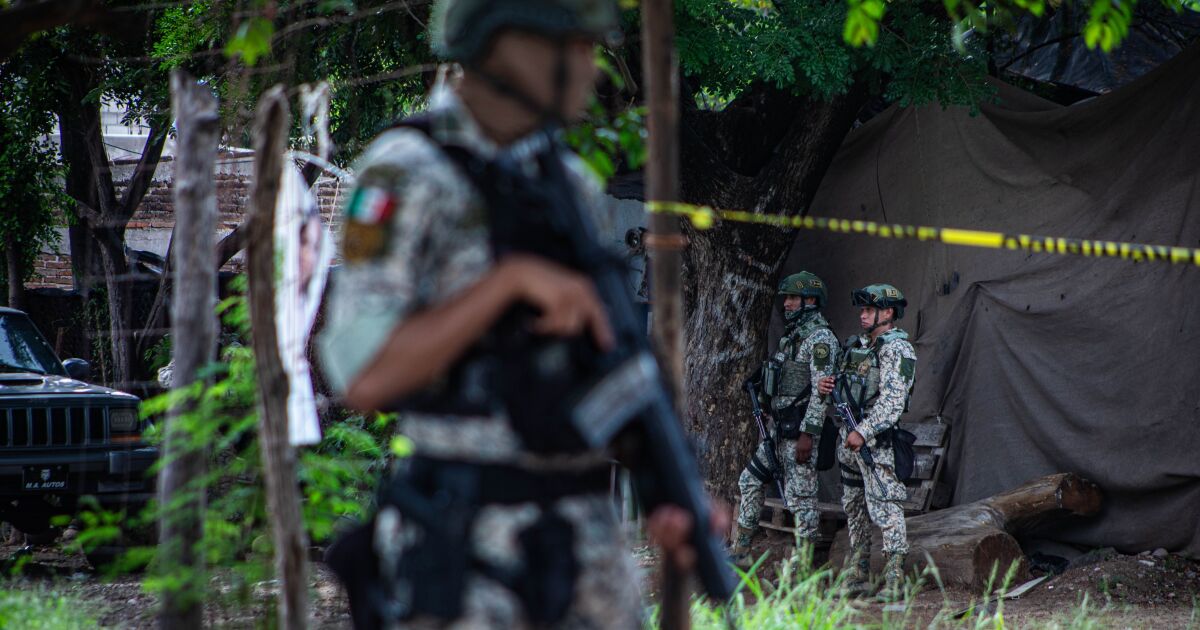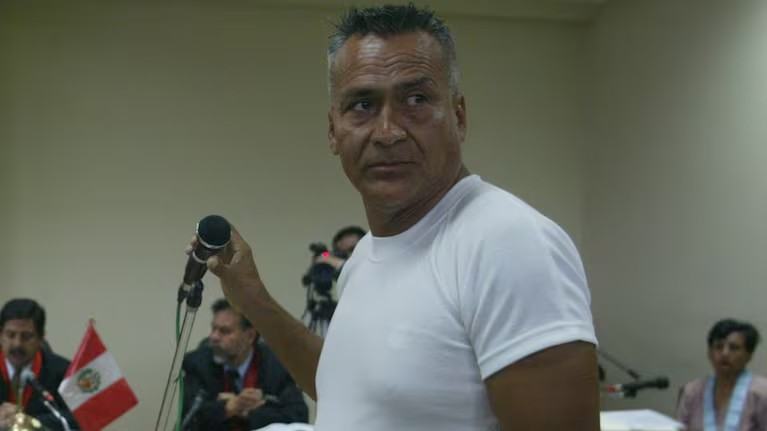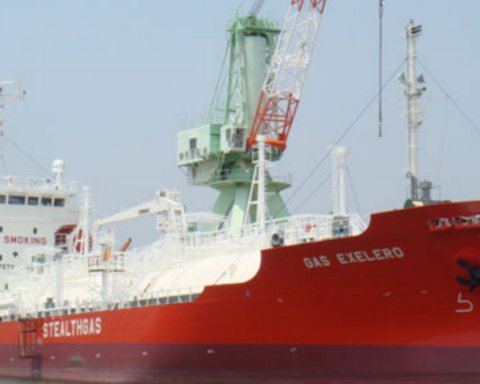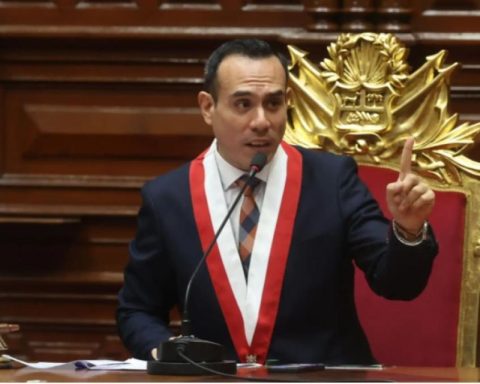But what are the political challenges that can compromise the results of the strategy? Here I present the two main ones.
1. Military power
The Armed Forces are not homogeneous entities and much less passive. They are actors with diverse interests who are constantly promoting them. In this way they have accumulated responsibilities in an excessive manner, significantly increasing their political and economic power. Never before have the federation and the entities been so dependent on the will and capabilities of the Army.
Today the military is not only the owner of the National Guard, but also of public security in various entities and of the execution of the flagship works of the Fourth Transformation, as well as a multitude of other tasks, as evidenced by the National Inventory of the Militarized.
To put it directly: subordination to civil power through intelligence, as proposed by the president’s security strategy, is mere fiction. Cooperation will be possible as long as military interests are not affected. The beginning of the six-year term already paints a gloomy picture.
In the first days of the new Government we have seen atrocious human rights violations by the Armed Forces, including a massacre against migrants in Chiapas and the murder of civilians who were caught in the middle of a security operation in Tamaulipas. None of this has merited a forceful statement in favor of the victims from the president.
Will it overlap military corporations so as not to reduce their room for maneuver?
2. Criminal power
The resources of criminal organizations exceed their considerable financial and firepower capabilities. These actors have enormous social capital, citizen support and government backing to promote their interests. It is enough to remember how last year “Los Ardillos” forced the government of the state of Guerrero to negotiate in a public square through mobilization of its social bases or how the Sinaloa and Jalisco Nueva Generación cartels expanded disproportionately under the protection of local authorities.
The material, social and political resources of criminal actors are so extensive that in several territories they are the ones who aspire to the real exercise of power, above the authority of the State. This is evidenced by the recent murder of the mayor of Chilpancingo, Fernando Arcos, who, according to journalistic investigations was caught in the middle of the power dispute between “Los Ardillos” and “Los Tlacos”.
Despite the immense power that President Sheinbaum appears to hold due to her control in both chambers of Congress, in the majority of governorships, state congresses and hundreds of city councils, crime continues unpunished and political violence does not subside in the country. (This same week, at least, there is already the murder of another mayor: Román Ruíz, from Candelaria Loxicha, in Oaxaca).
In short: the political power of organized crime can make irrelevant any strategy of operational weakening based on the mere arrest of criminal targets.

















